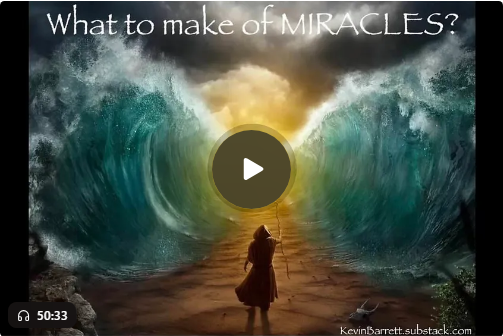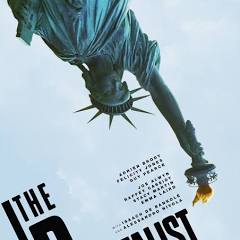Yes, sacred transport, even sacred ping pong. But can a card game have a spiritual grounding?*
There's no question in my mind that bridge is the king of card games. It pushes the mind to the limit.

Yes, sacred transport, even sacred ping pong. But can a card game have a spiritual grounding?*
There's no question in my mind that bridge is the king of card games. It pushes the mind to the limit.

Thank you, Trump, for giving Canadians a passionate cause -- our survival as a nation. But how to keep the glue fresh holding a rickety, outsized state together? Islam tells us to thank God for our blessings and work hard to keep on the 'straight path'. We are now everywhere across Canada and eager to stay that way, faced with fearsome Islamophobia from the bully across the border. We may be the 'mouse that roared' but strong faith can work miracles. We are a vital key to survival of 21st century Canada.
Islam -- last survivor
Since the rise of modern imperialism in the 16th c, the world has been at war.

with Kevin Barrett for False Flag Weekly News
See also Essays on Christianity, Islam, Judaism ebook by Eric Walberg

Ben Stein, noting that about 60% of the top positions in Hollywood are held by Jews, says "Do Jews run Hollywood? You bet they do - and what of it?" Well, let's look at what this spectacular freedom for Jews during the past half century has resulted in:

Dubbed an epic, one of 2024's best films, I had great expectations for The Brutalist. I thought it was about an actual Hungarian architect-immigrant, maybe a fictionalized Frank Gehry, who emigrated to the US in 1947 and became a world-famous architect. Gehry's life journey was similar to the fictional Lazslo Toth, though his parents emigrated from Poland to Canada in 1929 and on to the US.
Page 3 of 20